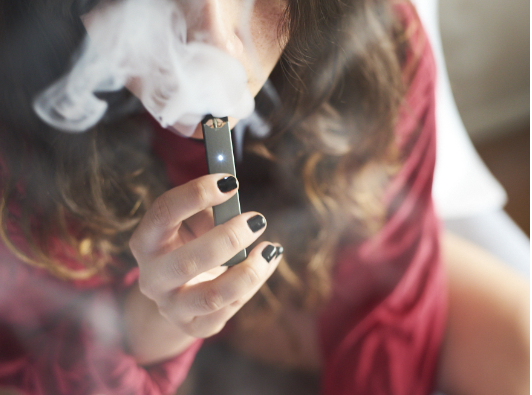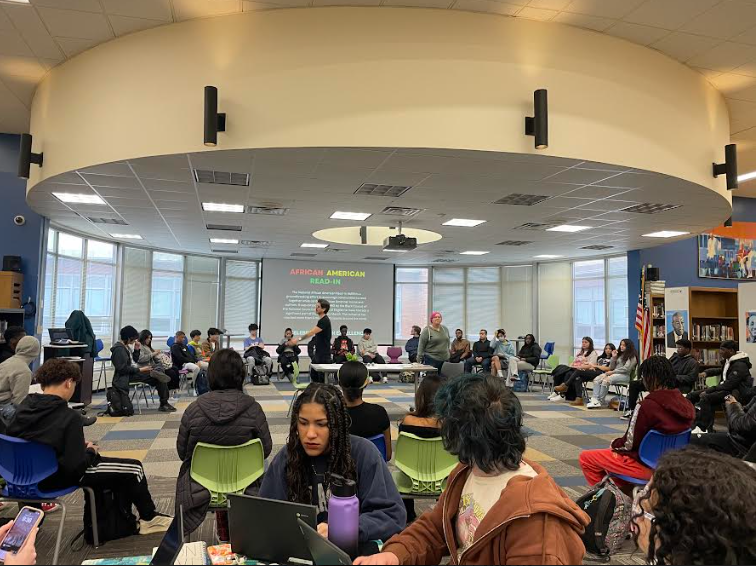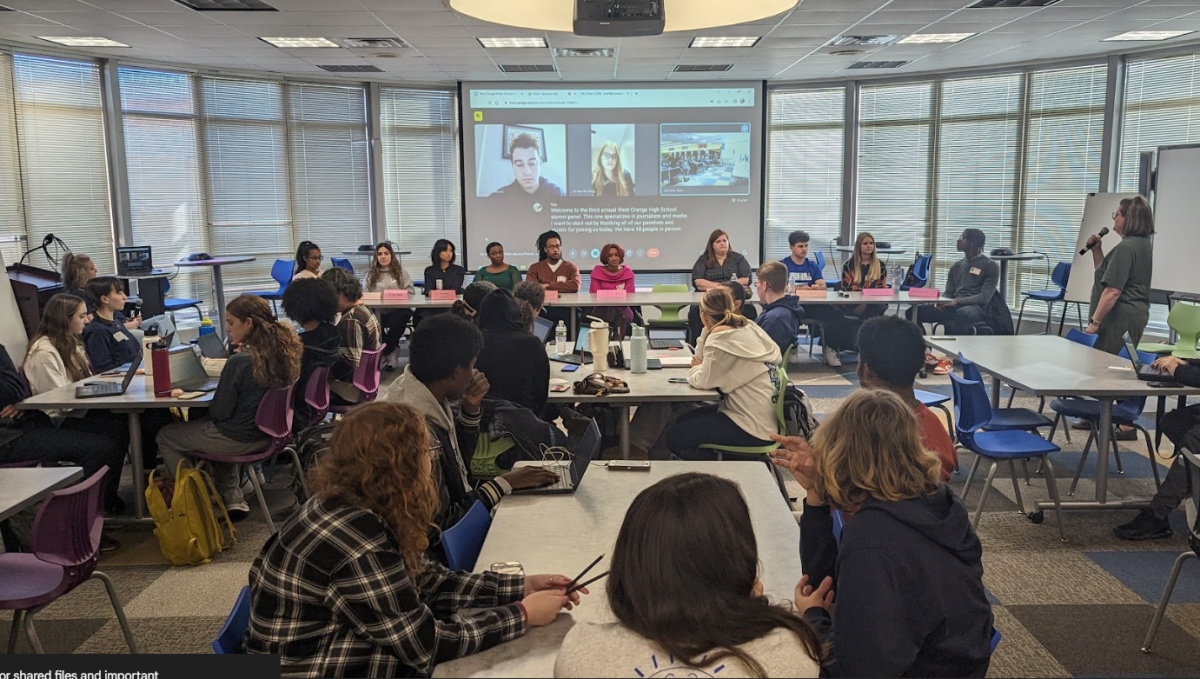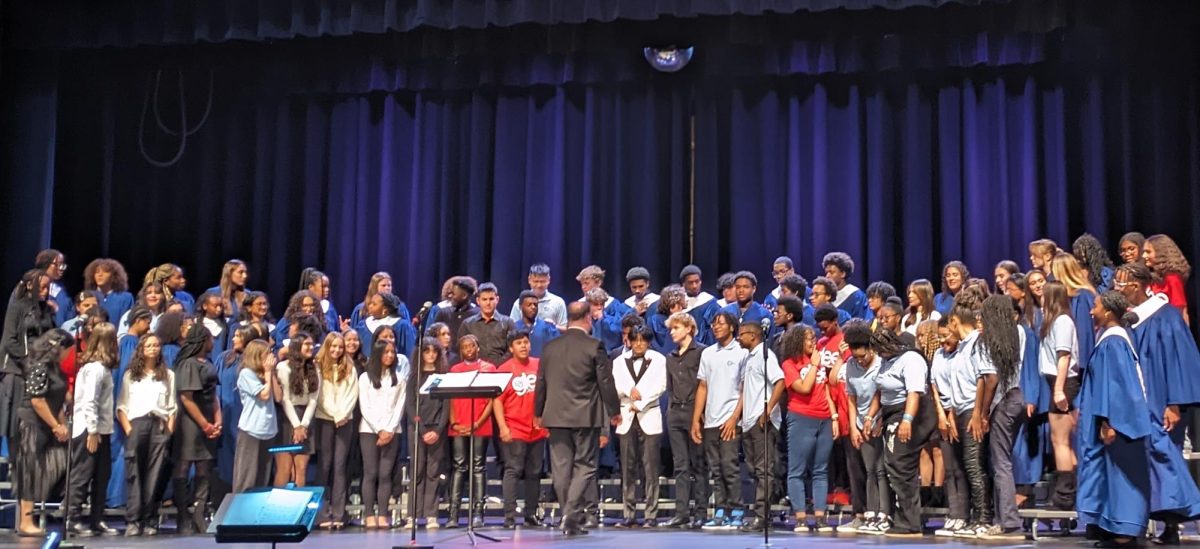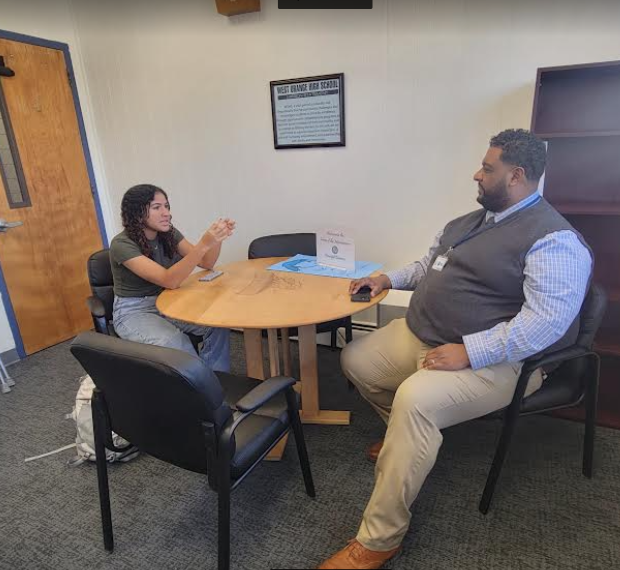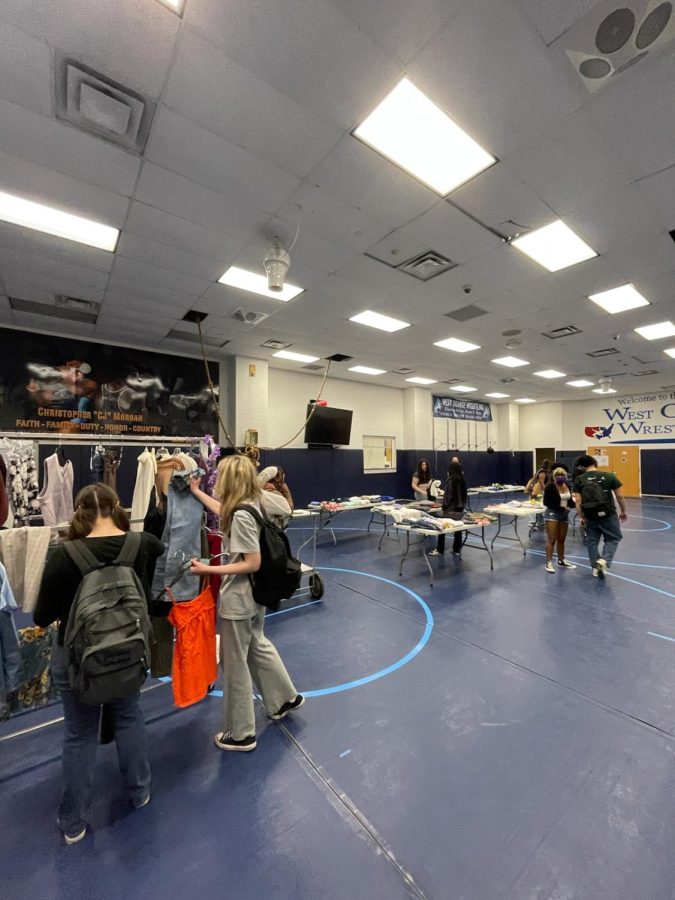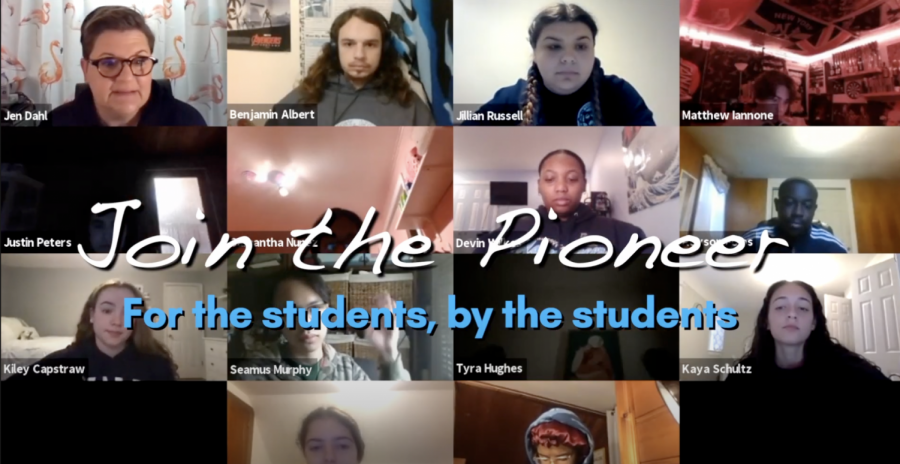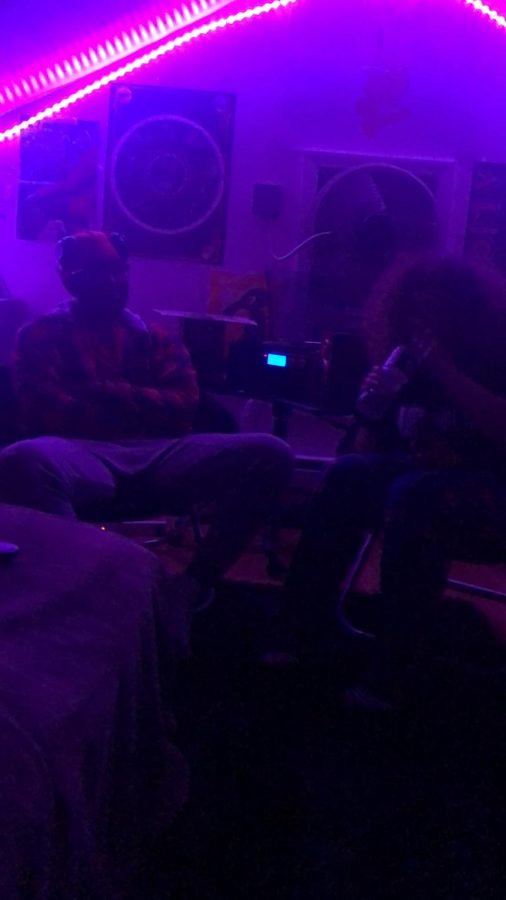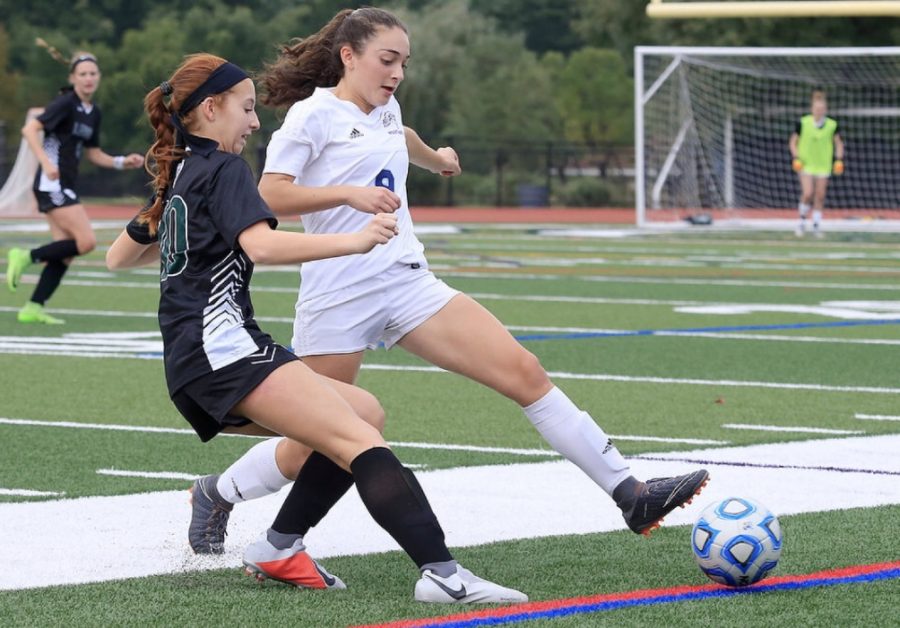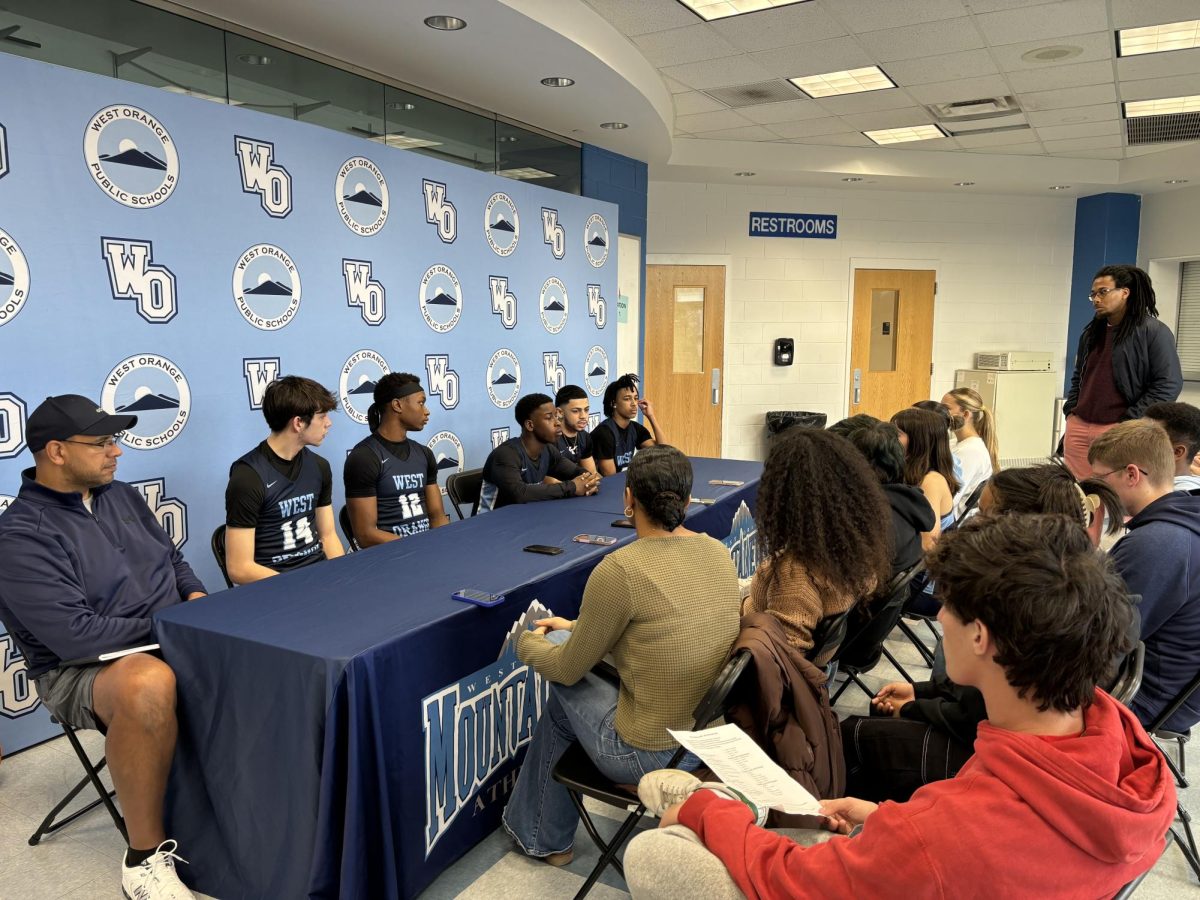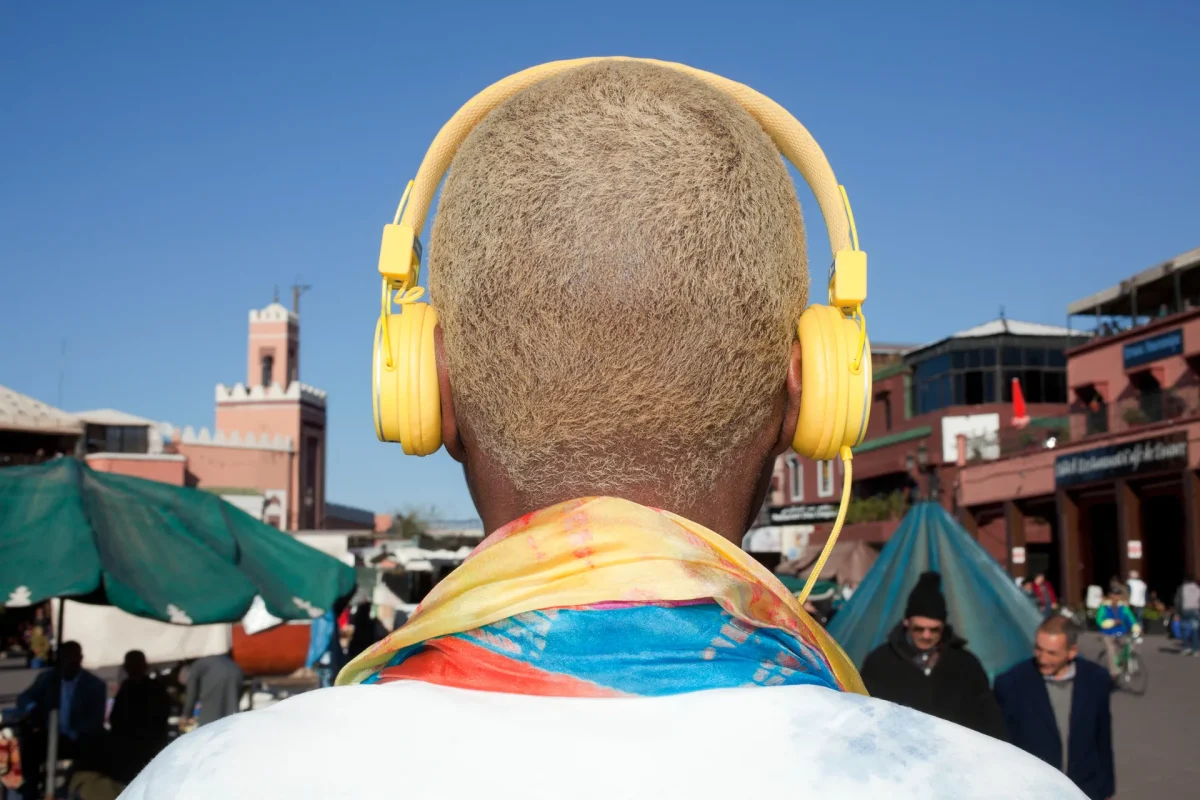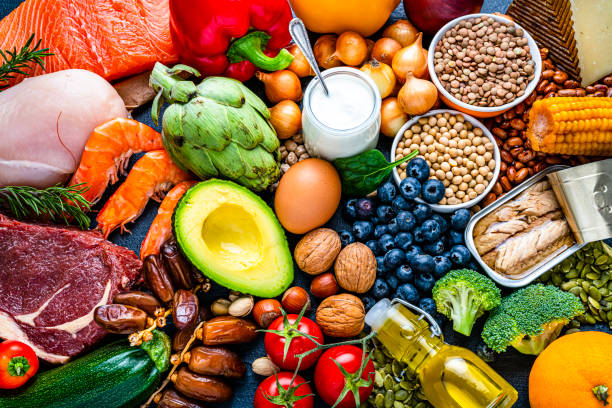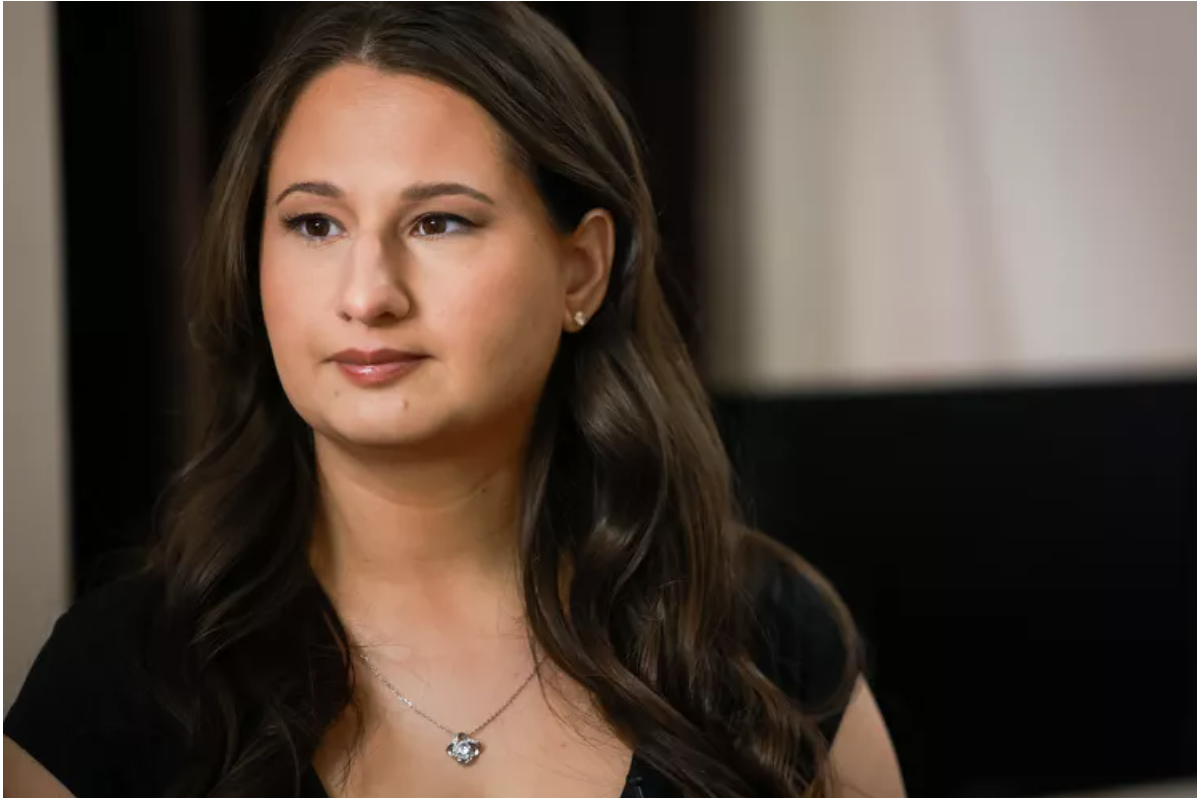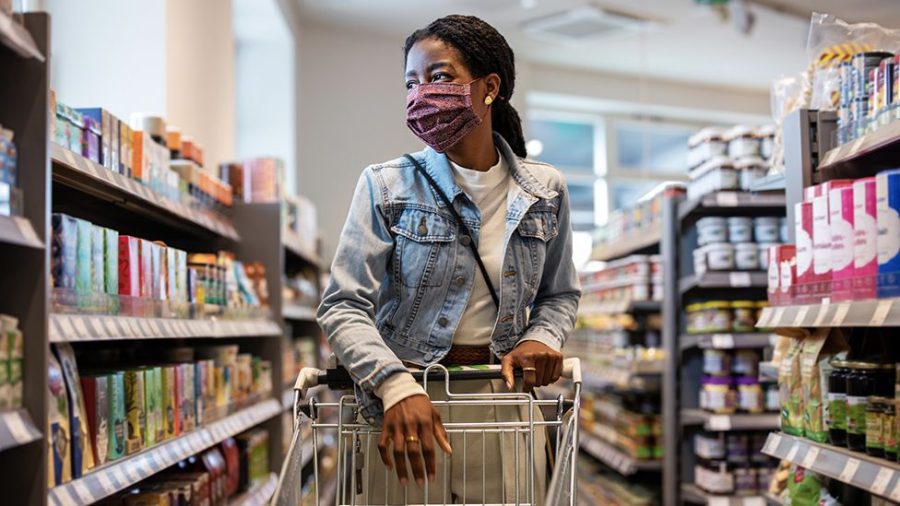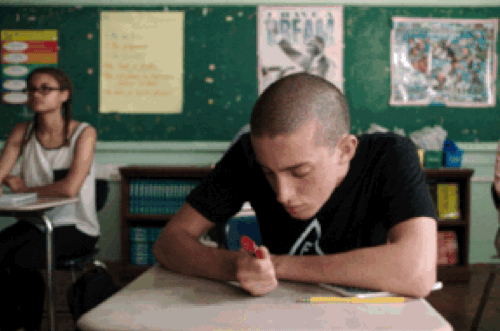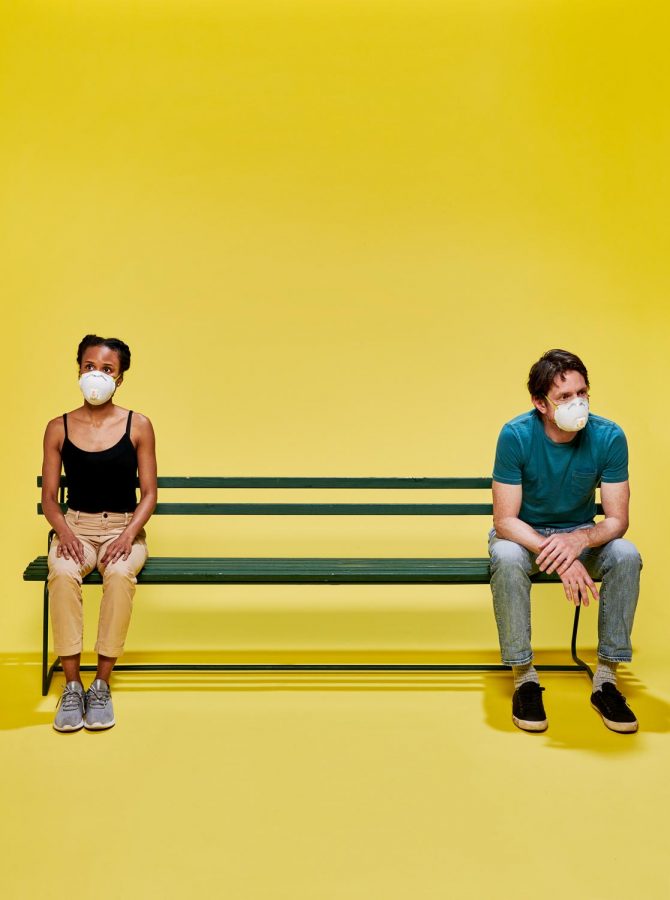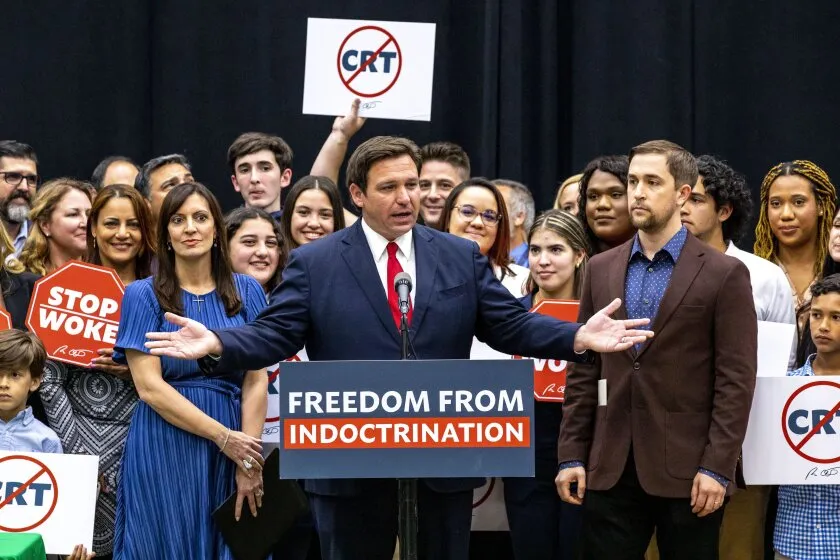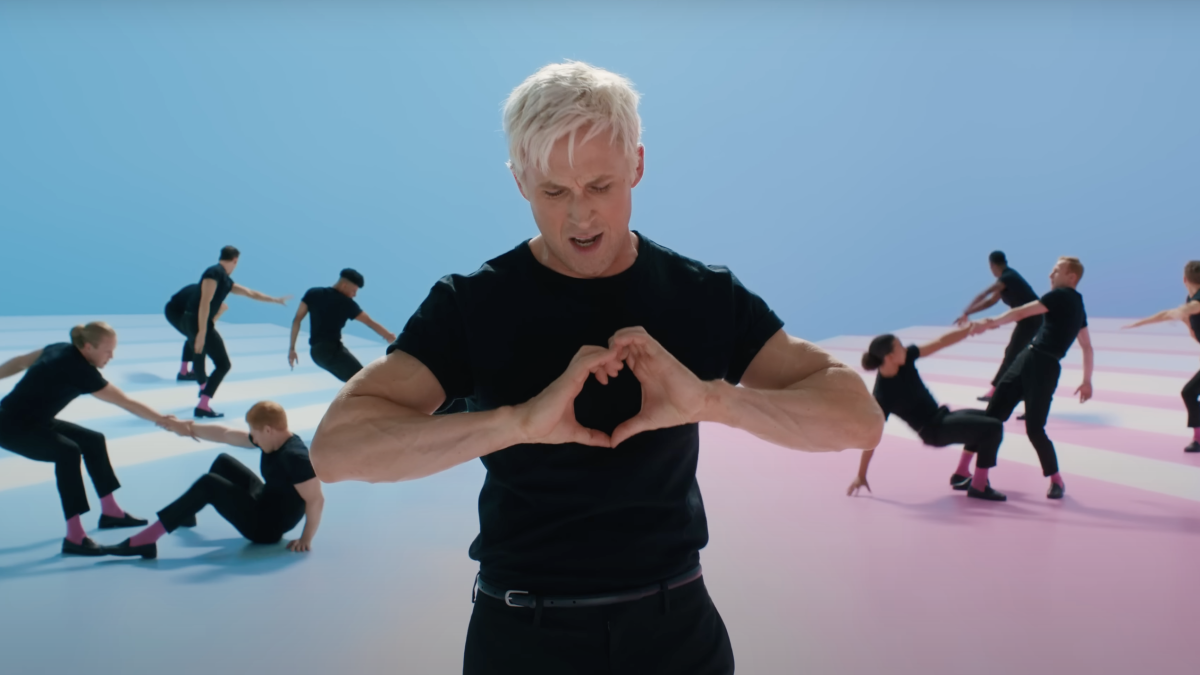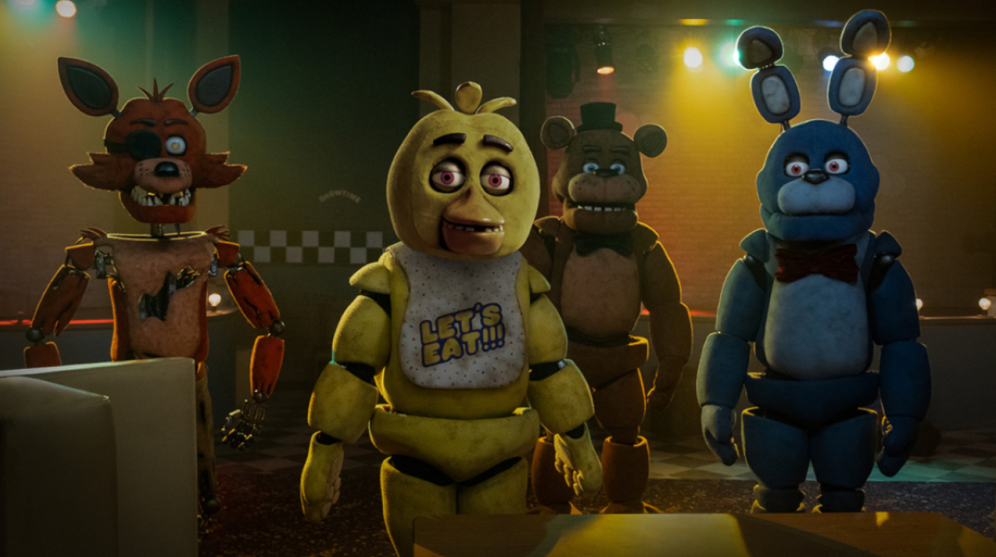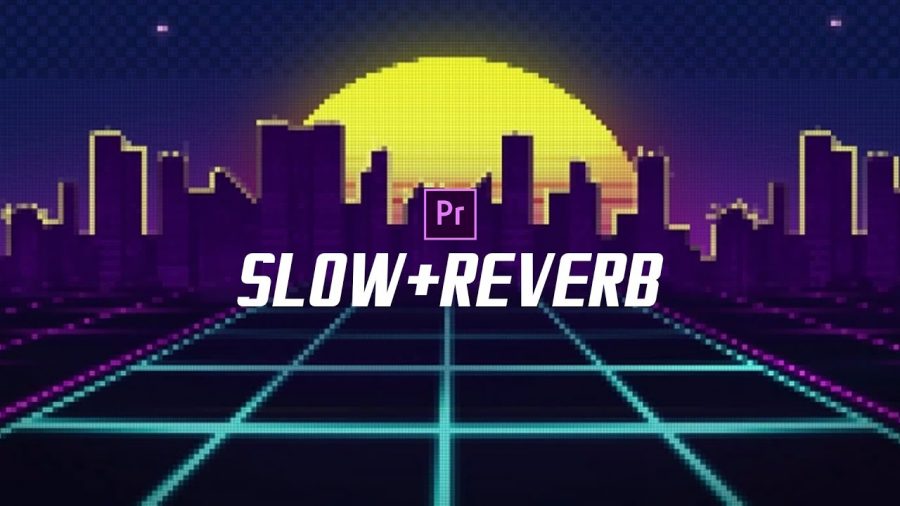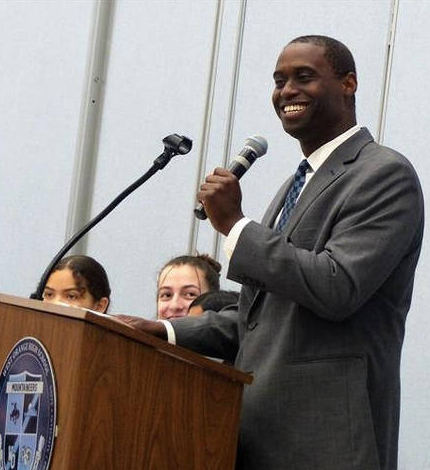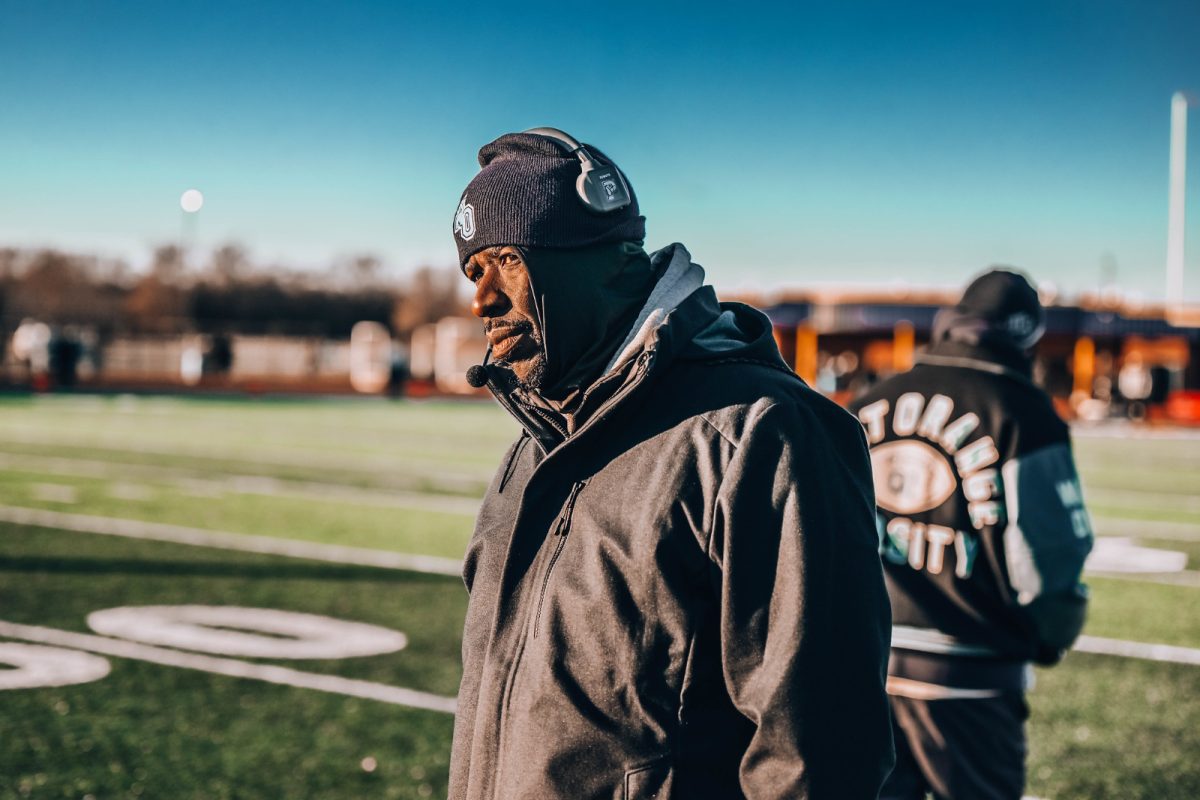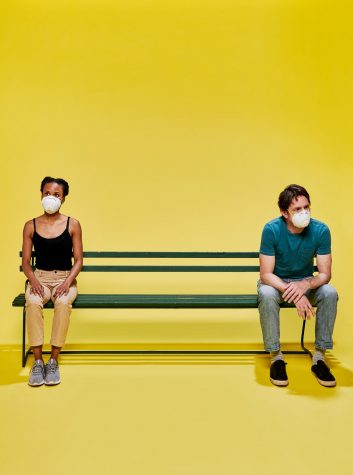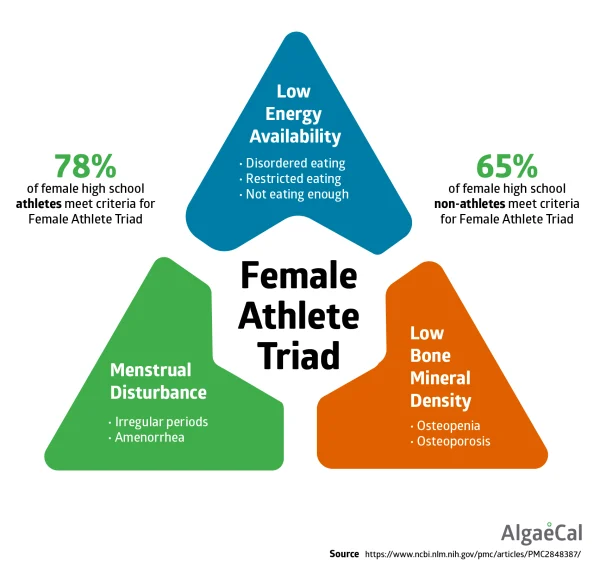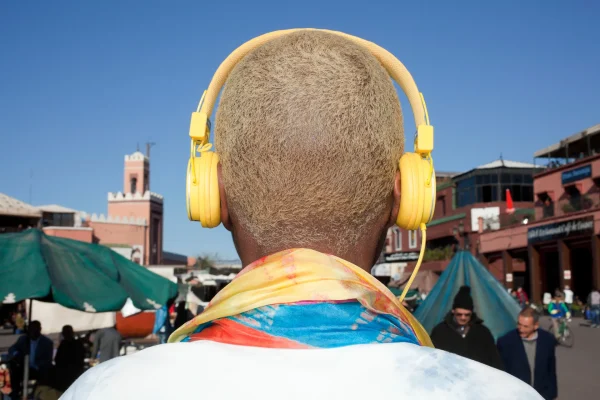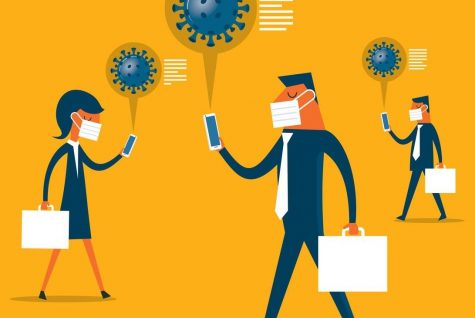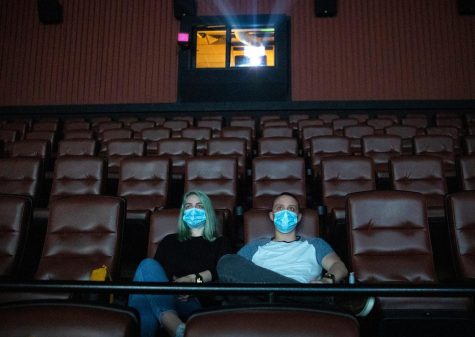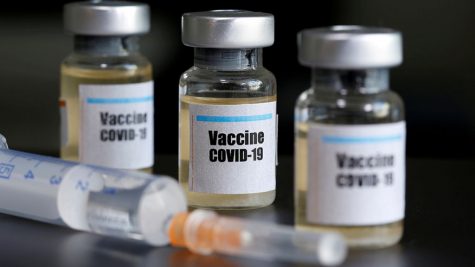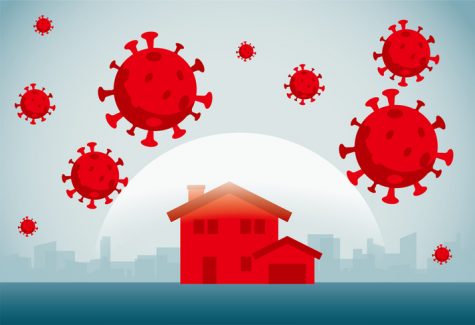Coronavirus VS Teenage Invincibility Complex
In an episode of Full House, Stephany’s friends are driving recklessly, driving in the left lane and speeding. After telling her sister, DJ, she will tell Danny, their father, she goes in the car again with the friends who are driving recklessly. The friends end up in an accident: a cautionary tale of the teenage incivility complex.
The feeling that you are invisible, and your actions lack consequences is in part because of the lack of development in the prefrontal cortex of a human’s brain, which is not fully developed until the age of 25. One of the functions of the prefrontal cortex is decision making, which is why many teenagers lack judgment. Typically, teenagers use their amygdala, which is the “flight or fight” part of the brain.
Experience plays a role in the development of the brain. With more experiences and hard decision making with consequences, one may become mature faster, growing the frontal lobe.
After Stephany’s traumatic incident of almost being in a car that got into an accident, it is safe to say that experience made her character more mature, possibly growing her prefrontal cortex. For many teenagers, seeing a pandemic with serious consequences for normal teenage actions, it may accelerate their ability to make adult judgments.
Making the decision to be more conscious in regards to socializing is a mature decision in an effort to not risk the lives of others. Having to sacrifice something that brings you joy for the safety of yourself and others shows the good judgment involved in the developed prefrontal cortex. Before the spread of the virus, most decisions a teenager made would not have such a grandiose consequence. Now, the choice to stay safe is a harder one to make.
Throughout the pandemic, many teenagers’ prefrontal cortexes have shown to be poorer. Vaping, drinking, and smoking can have an effect on the development of the prefrontal cortex. Many of the teenagers making the poor decision to continue to party during the pandemic participate in the usage of drugs, which could be why many of them have an invincibility complex.
A Max Planck Institute study found that even when given information giving common-sense information to teenagers, many times, they will choose to ignore this information, which is why many continue to party.
Another reason many make the poor decision to party is teenagers subscribe to the egocentric idea that “everyone cares what I am doing.”
As the prefrontal cortex is developing, many teenagers use socialization and approval from others as a way to define themselves, especially in the age of social media. Seeing other teenagers’ parties on social media not only makes others feel it is ok, but also makes them feel as though something is wrong with them if they are not partying as well.
Overall, due to the lack of experiences teenagers have, it is hard for many to see the big picture of things; that not going to a party will not make them forever alone.
